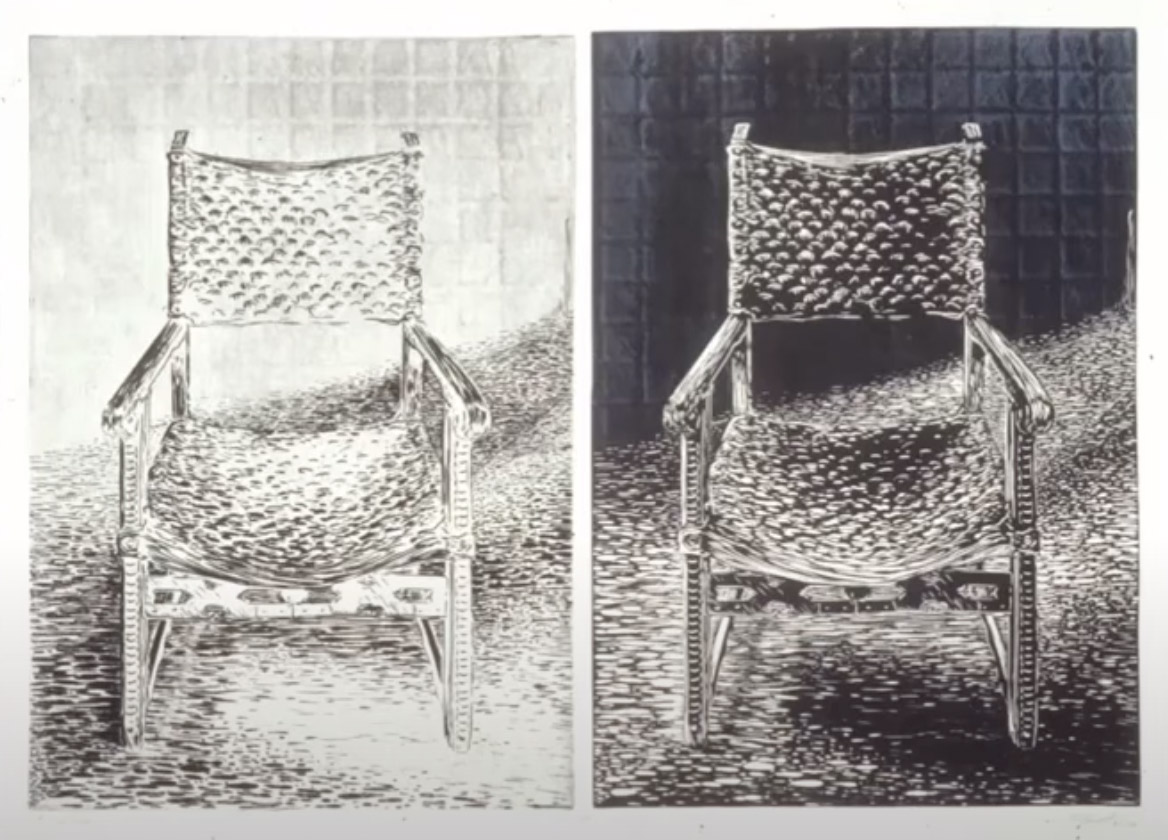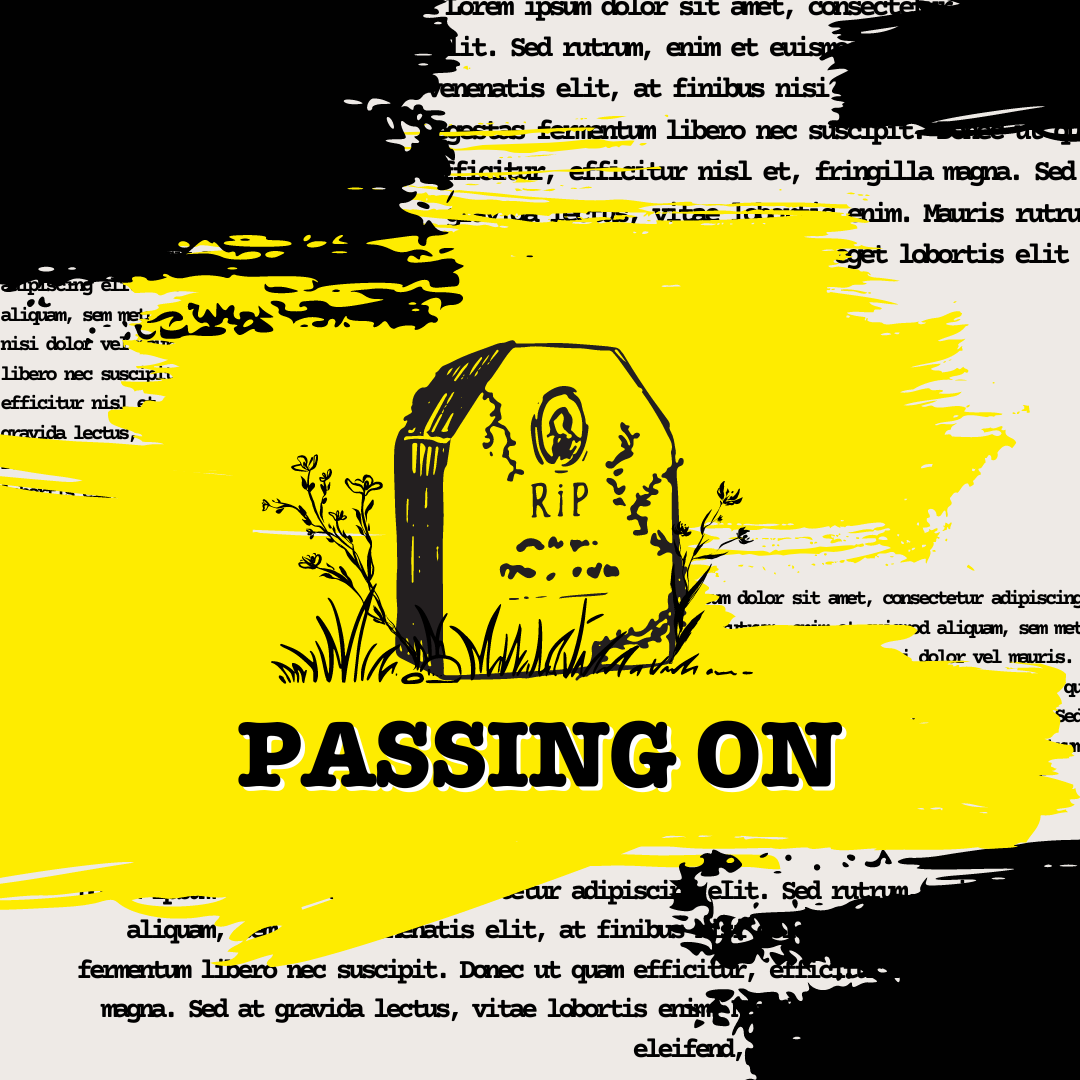Passing On
As intellectual property is considered personal property, you can pass it in your will by including specific instructions to the executor.
Once intellectual property rights are passed on to the designated beneficiaries, the beneficiaries become the new owners and will be entitled to benefit from any income generated by the intellectual property as though they were the original owner or creator. For example, if you’ve drafted a book manuscript, you can pass the copyright to one or more persons in your will, allowing them to receive the revenue generated from its publication.
Artists may want to consider including details about their artistic works in their will and estate planning. Working with your family, accountant, and lawyer, you can determine how you and your work will be remembered, including where you want your art to go, whether to an individual, gallery, etc.
^ The information above was created by students from the Manitoba Legal Clinic for the Arts, it is not legal advice nor does it create a solicitor-client relationship. The Clinic provides information and services entirely for free. Why? To support artists doing what they do best– creating– which makes the world a better place for everyone! If you need legal assistance, please fill out an intake form at legalclinicforthearts.ca
Have an idea for a resource?
Share it with the community







